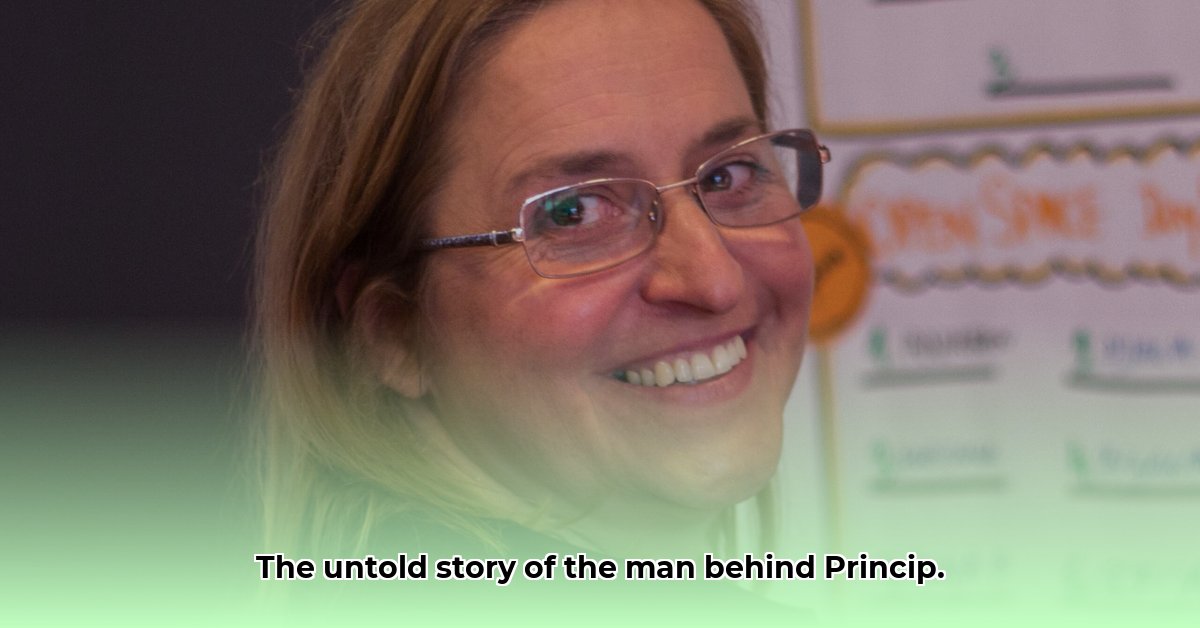The Forgotten Precursor to World War I
Bogdan Žerajić, a name often lost in the shadows of history, played a crucial, albeit indirect, role in the outbreak of World War I. While Gavrilo Princip achieved notoriety for assassinating Archduke Franz Ferdinand, it was Žerajić’s earlier act of defiance in 1910 that may have laid the groundwork, inspiring Princip and the Young Bosnia movement. This article delves into the life and legacy of this young Bosnian Serb, exploring his motivations and the ripple effects of his desperate act, forever linking him to the tumultuous events that reshaped the 20th century.
A Nation Under Pressure: Bosnia in the Early 20th Century
Life in Bosnia and Herzegovina under Austro-Hungarian rule was fraught with tension. The 1908 annexation crisis, in which Austria-Hungary formally annexed Bosnia and Herzegovina, fueled nationalist sentiments among the various ethnic groups, particularly the South Slavs who dreamed of a unified and independent homeland. This political climate profoundly impacted Žerajić, born in Nevesinje, Bosnia and Herzegovina, on February 1, 1886. While he initially pursued a conventional path, studying law at the University of Zagreb and later teaching, the simmering discontent surrounding him likely shaped his radicalization.
The Act of Defiance: Sarajevo, 1910
On June 15, 1910, Sarajevo became the stage for Žerajić’s desperate gamble. He fired five shots at General Marijan Varešanin, the Austro-Hungarian Governor, embodying his defiance against the occupying power. However, every shot missed its mark. In a final act of protest, Žerajić turned the gun on himself. This act, while failing to achieve its immediate objective, transformed Žerajić into a martyr for the cause of Bosnian Serb nationalism. Historians continue to debate his motivations. Was it purely political, driven by a fervent desire for liberation, or did personal despair also play a role? The complexities of his actions remain a subject of ongoing research.
Žerajić’s Influence: The Ripple Effect
Žerajić’s self-sacrifice resonated profoundly with Young Bosnia, a group of young South Slavic nationalists who envisioned a future free from Austro-Hungarian control. Gavrilo Princip, a key member of this movement, was deeply affected by Žerajić’s act. Princip’s pilgrimage to Žerajić’s grave suggests a direct link between the two, with Žerajić’s defiance possibly serving as a catalyst for Princip’s own radicalization. Some scholars argue that without Žerajić’s example, Princip might not have taken the drastic step of assassinating Archduke Franz Ferdinand four years later, an act that precipitated World War I.
A Lasting Legacy: Martyr and Catalyst
Bogdan Žerajić’s legacy remains complex and contested. He is viewed by some as a national hero who ignited the flame of resistance. Others see him as a tragic figure whose desperate act had unintended and catastrophic consequences. Regardless of interpretation, his influence on the events leading up to World War I is undeniable. Žerajić’s story highlights the power of individual action, reminding us that even seemingly isolated acts of defiance can have far-reaching and unpredictable repercussions, shaping the course of history in unforeseen ways.
Timeline of Key Events:
| Key Event | Date |
|---|---|
| Birth | February 1, 1886 |
| Studies Law in Zagreb | (Date Range Uncertain) |
| Teaching Period | (Date Range Uncertain) |
| Assassination Attempt on Varešanin | June 15, 1910 |
| Death | June 15, 1910 |
Further Research:
While much has been written about the assassination of Archduke Franz Ferdinand and the outbreak of World War I, research specifically focused on Bogdan Žerajić remains relatively limited. Further investigation into his early life, influences, and the specific context of his actions could provide a more nuanced understanding of his motivations and his role in the tumultuous events of the early 20th century. Such research would enrich our understanding of the complex tapestry of factors that led to one of the most devastating conflicts in human history.
- Small-Scale Hydroelectric Power Powers Sustainable Farms and Homes - January 25, 2026
- Discover Powerful Hydroelectricity Images for Design and Awareness - January 25, 2026
- Hydroelectricity Pictures Revealing the Beauty of Renewable Power - January 24, 2026
















